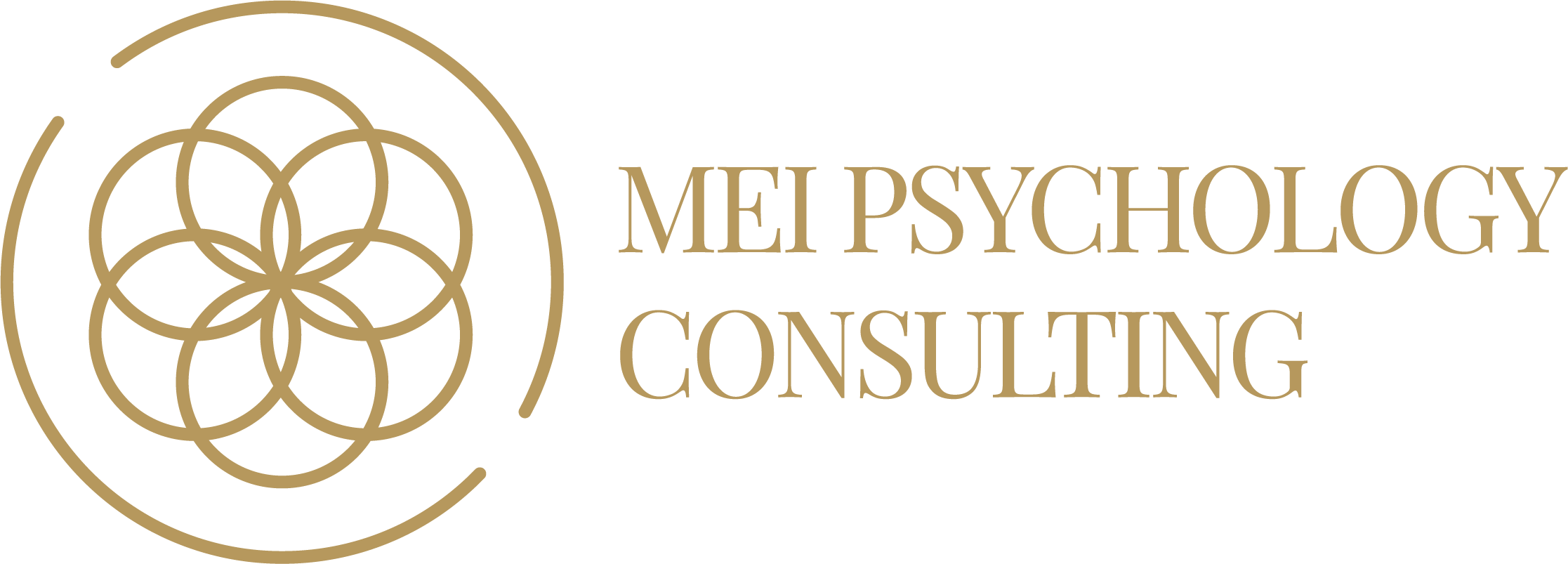This empathic approach is based on the empirically proven fact that a safe, accepting relationship between the therapist and client is key to the process of client self-discovery and actualization.
Client-centered therapy was put forward by Carl Rogers in 1940 as an alternative to the existing orientations that relied on guidance or interpretation.
Using electronically recorded cases, citing a growing body of research, and eschewing diagnosis, Rogers provided evidence that an orderly process of client self-discovery and actualization occurred in response to the provision by the therapist of a consistent empathic understanding of the client’s frame of reference, based on an attitude of acceptance and respect. This was later refined into Rogers’ triad of the “necessary and sufficient conditions” of empathy, congruence, and unconditional positive regard, which were investigated in hundreds of research projects. Many of these research projects reported a correlation between these therapist-offered conditions and such client outcomes as the expansion of self-awareness; the enhancement of self-esteem; a greater reliance on self for one’s values and standards; and a more free, spontaneous, and open mode of experiencing one’s self and the world. (American Psychological Association, APA).


